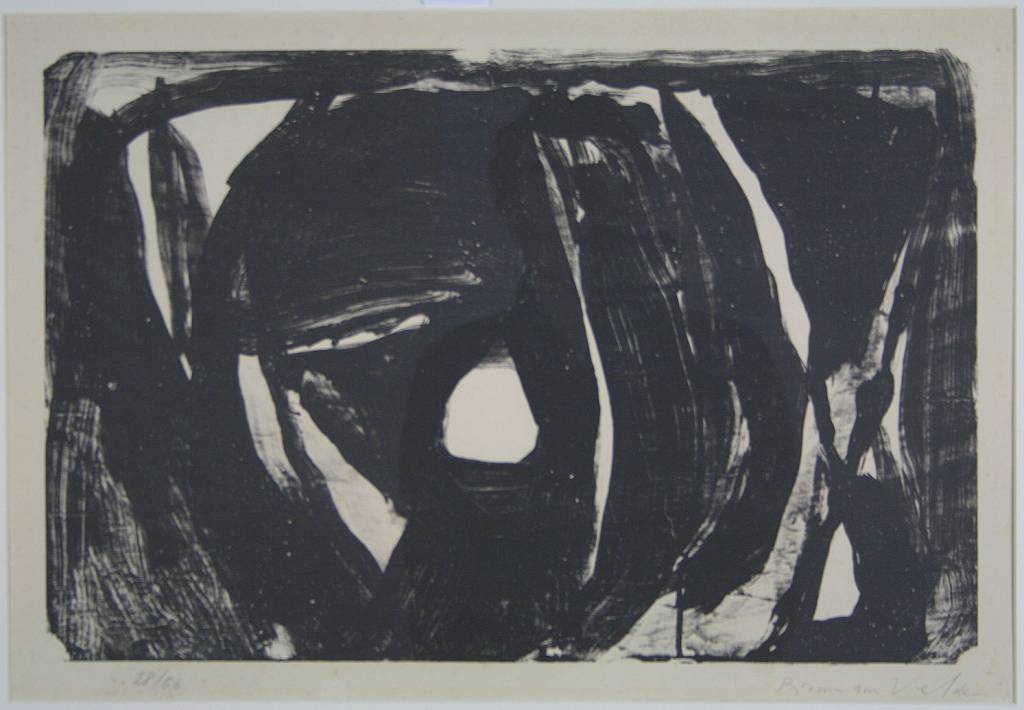Originally posted by Suffolkcoastal
View Post
Originally posted by ferneyhoughgeliebte
View Post
The great difficulty to me is coming to terms with the musical construction material - or phrases or statements or call it what you will - which he presents. The pieces I'm beginning to recognise sometimes feel very much like gathered flotsam or driftwood which is put down in front of me, then picked up and gradually replaced in rows, stacks or bundles. And then it's left.
It really does seem to me that the obstacle to Birtwistle is the most 'forward' contradiction of it; a presentation is made (which is active, meaningful) of something apparently desultory (which is aimless, cursory). Again, like some of the art of Bram van Velde (below) or the writing of Beckett, it's therefore music which can easily frustrate a listener because it's calling over from across the road to tell you it's got nothing to say.

For me, as a listener with only very basic knowledge of musical method and technique, to appreciate music I'm completely dependent on feeling and the kind of passive analysis that fragmentary information equips one to undertake. That analysis goes something like this: "What's that? Is it something? What is it? Is it like anything else I've heard?" Not exactly scholarly! However, Birtwistle's music - its texts and subjects - can feel pretty highbrow, academic, abstruse. But is the music itself those things? I'm beginning to feel it's not; beginning to feel it may be collage, assembled intuitively of very simple, fundamental stuff. Is that absolutely wrong?
 I was a bit disappointed that the Birtwistle thread I started on Talking about Music got shunted and merged down here. It's subject was general and quite different to this one and I hoped to talk with people like myself who knew little or nothing about the music as well as the more knowledgeable.
I was a bit disappointed that the Birtwistle thread I started on Talking about Music got shunted and merged down here. It's subject was general and quite different to this one and I hoped to talk with people like myself who knew little or nothing about the music as well as the more knowledgeable.



Comment